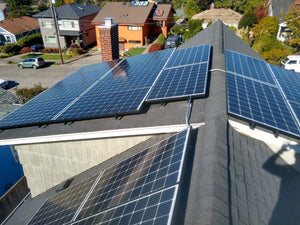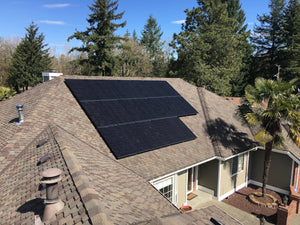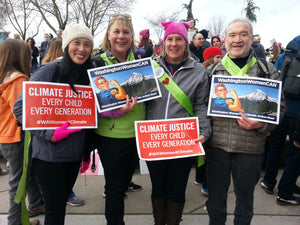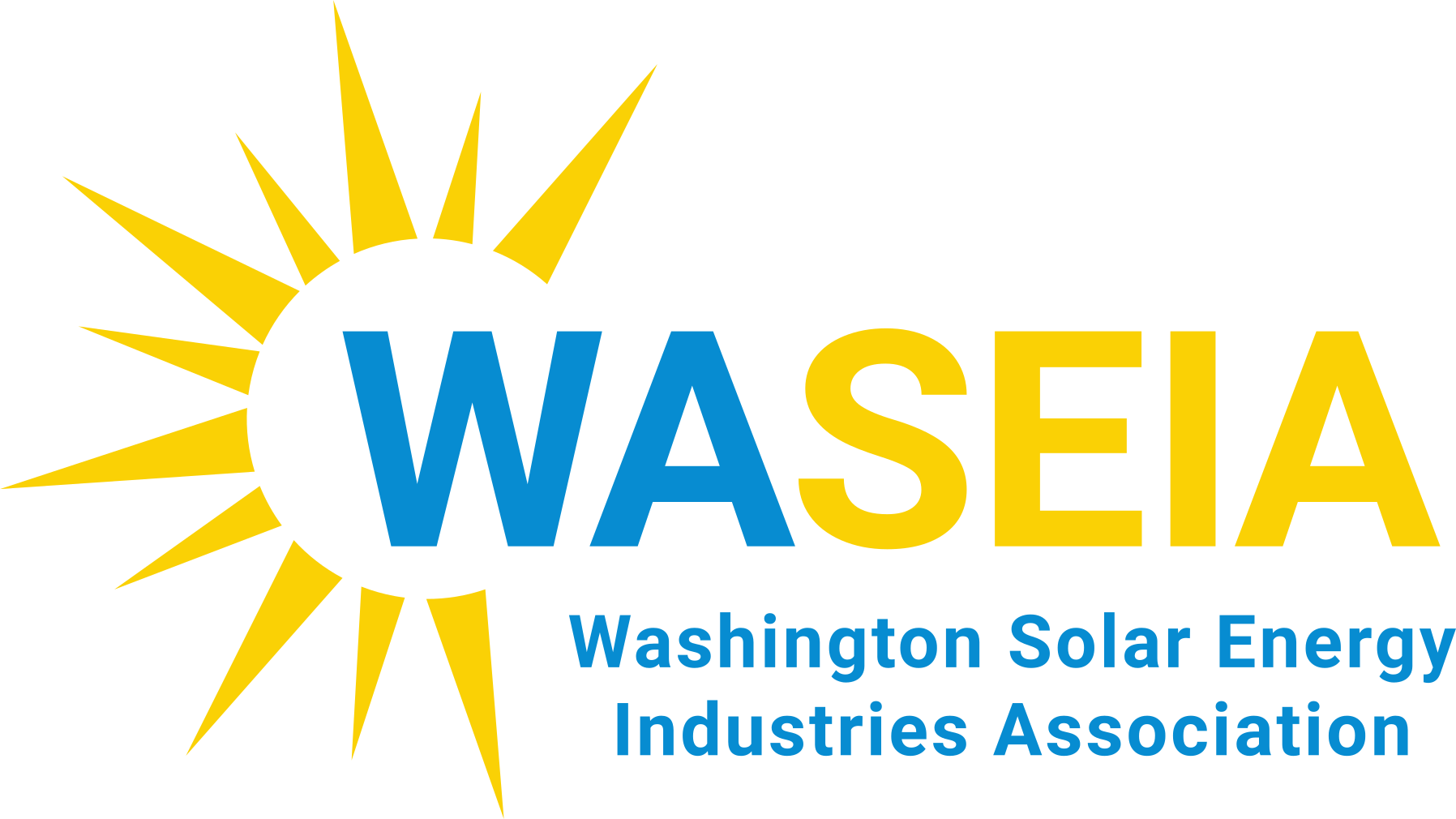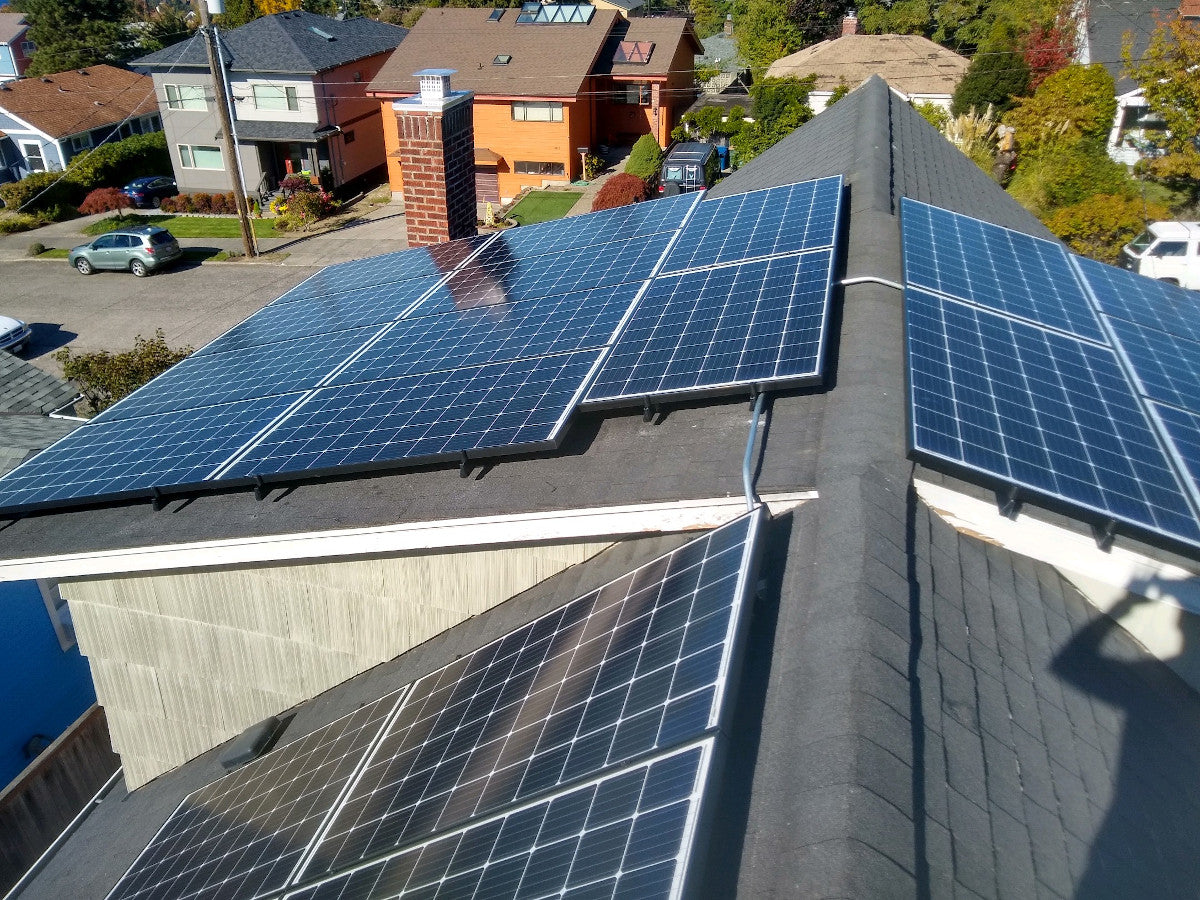
Seattle Solar Power - Increases Home Value
Solar in Seattle has many benefits. Your home uses less energy from the utility because you are replacing that energy with solar energy. This saves money on your energy bill and protects our environment by reducing the home’s carbon footprint. All this good stuff has led many Seattle area home owners to invest in solar. But, what many people have not yet caught on to is that solar panels also increase the value of your home.
- Sun Path Electric
- Tags: Seattle solar Seattle Solar home Seattle solar increases home value Solar in Seattle Solar increases home value
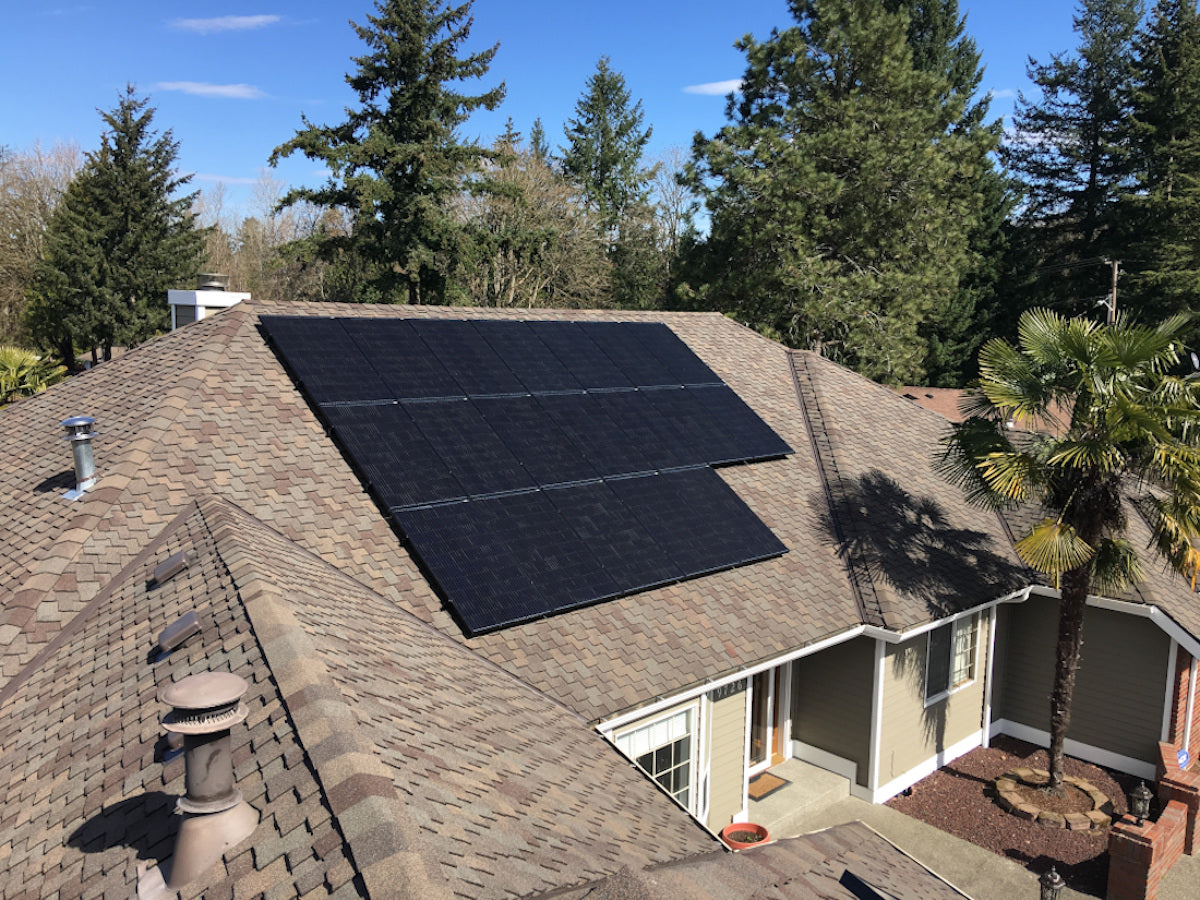
Residential Solar Energy—How It Works
Solar electricity is the world’s fastest-growing energy source. More and more homes around the planet are adding solar panels to their rooftops. Let's take a closer look into how the residential solar process works.
- Sun Path Electric
- Tags: home solar how solar works residential solar solar how it works
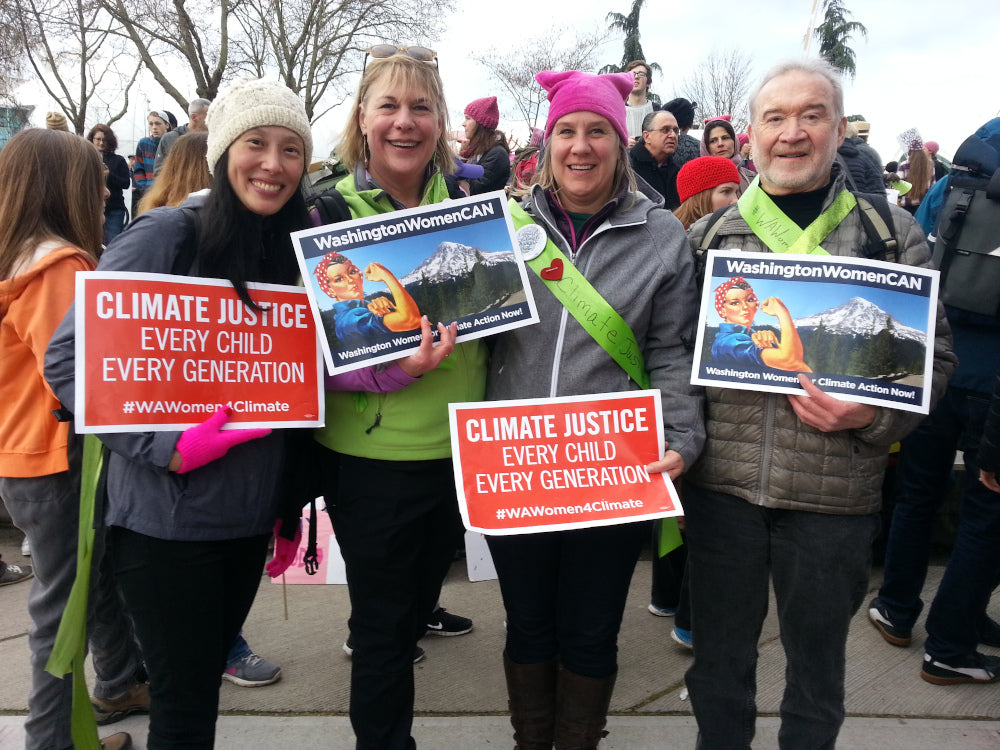
Conserve Energy - Reduce Climate Impact with Energy Efficiency
Climate. Change. It is a huge issue for us to get our minds around. We know that changes need to be made on both the corporate and personal scales. Many of us feel overwhelmed. Where do we start and what makes a difference? We’ve compiled our top 10 tips on how we can reduce climate impact at home.- Sun Path Electric
- Tags: conserve energy energy efficiency lower carbon footprint save energy

3 Environmental Benefits of Solar Energy
Did you know that the U.S is now home to more than 1.3 million solar installations? Homeowners, businesses and non-profits are realizing that going solar is worth the time, effort and investment. The fact that solar energy is not only a profitable financial decision, but also good for the environment, is the pull.
- Sun Path Electric

How Solar Shields You From Rising Utility Costs
Energy Prices Increasing Every Year Energy price hikes can happen at any time, and virtually without notice. Throughout the past decade, energy prices have risen at an average rate of 4% each year. By switching to solar, you have the opportunity to completely eliminate or significantly reduce your electricity bill.- Sun Path Electric
- Tags: cost of solar solar protects you from rising utility costs solar saves money
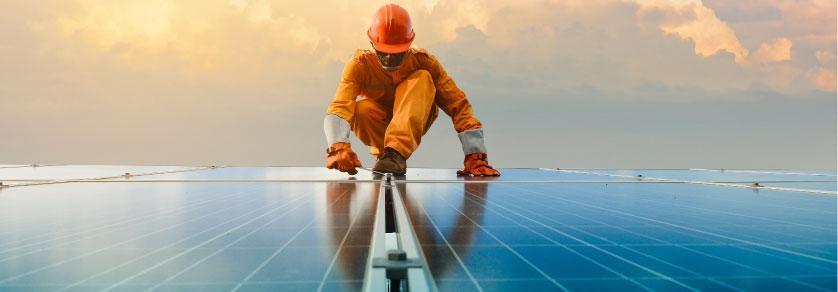
Pros and Cons: Professional Solar Installation vs. DIY
Decades ago, solar panels were still experimental technology unknown to the average consumer. Today, solar popularity is on the rise with many homeowners considering installations. Most homeowners end up asking themselves—should I do it myself or hire a professional? Before you make a decision, consider the pros and cons of each.- Sun Path Electric
